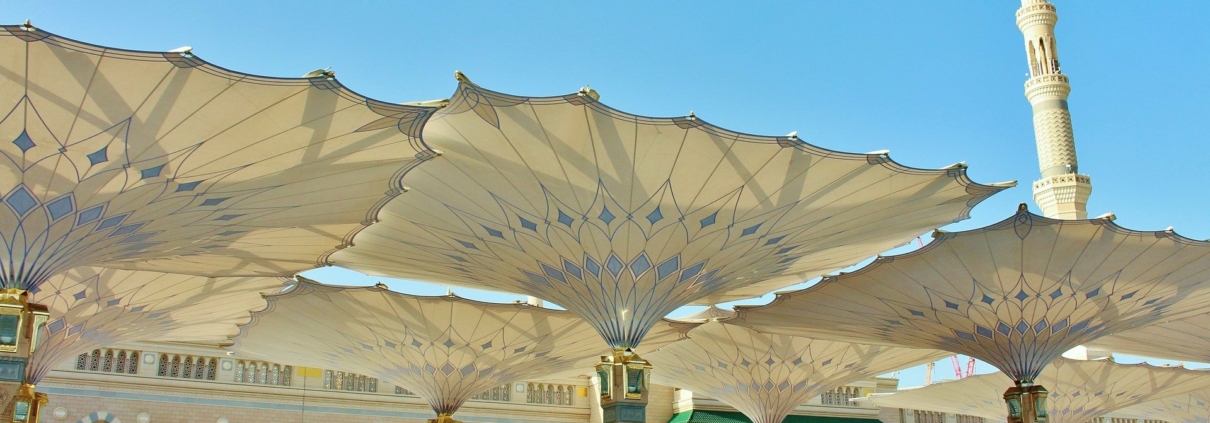Why Did the Prophet Ask Zayd to Choose between Him and His Father?
Answered by Shaykh Abdul-Rahim Reasat
Question
How come the Prophet (Allah bless him and give him peace) asked Zayd ibn Haritha, to choose between himself and his father, and not just return him to his father?
Answer
I pray you are well.
The Prophet (Allah bless him and give him peace) had become attached to Zayd and Zayd had become attached to the Prophet (Allah bless him and give him peace). In fact, Zayd was known as Hibb Rasulillah, the beloved of the Messenger of Allah, due to their strong affection for each other.
Simply giving Zayd back to his father would, no doubt, have caused Zayd pain, so the Messenger of Allah (Allah bless him and give him peace) suggested that Zayd himself choose. He was not willing to give up Zayd if he had chosen to stay with him in Mecca.
The Loyalty of the Messenger of Allah
After Zayd chose the Prophet (Allah bless him and give him peace) over his father and family, the Messenger of Allah (Allah bless him and give him peace) made a beautiful display of love and loyalty. He adopted Zayd in the manner of pre-Islamic Arab custom. This reciprocated the affection Zayd showed by freeing him from slavehood, and it made Zayd’s father feel comfortable about his son’s status in society.
Every event of the life of the Prophet (Allah bless him and give him peace) carries many lessons for us in how to be with Allah and His servants. May Allah make us mirrors that reflect his beautiful light (Allah bless him and give him peace). Amin.
May Allah grant you the best of both worlds.
[Shaykh] Abdul-Rahim Reasat
Checked and Approved by Shaykh Faraz Rabbani
Shaykh Abdul-Rahim Reasat began his studies in Arabic Grammar and Morphology in 2005. After graduating with a degree in English and History, he moved to Damascus in 2007, where, for 18 months, he studied with many erudite scholars. In late 2008 he moved to Amman, Jordan, where he continued his studies for the next six years in Sacred Law (fiqh), legal theory (Usul al-fiqh), theology, hadith methodology, hadith commentary, and Logic. He was also given licenses of mastery in the science of Quranic recital. He was able to study an extensive curriculum of Quranic sciences, tafsir, Arabic grammar, and Arabic eloquence.
